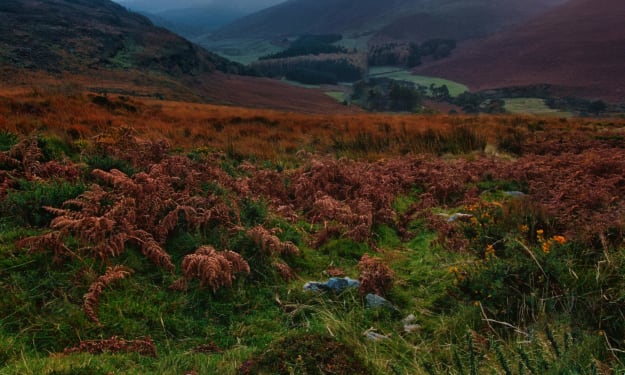What Happens When You Die?
Unraveling the Mysteries of Death and the Afterlife

The concept of death and what comes after has intrigued humanity for millennia. While many hold religious or spiritual beliefs about the afterlife, this blog aims to provide a scientific and empirical perspective on the process of death and the post-mortem changes that occur in the human body. Understanding these natural phenomena can shed light on the physical aspects of death before delving into the realms of metaphysical speculation.
The Journey of Death
When a person dies, physicians typically ascertain death through the cessation of the heartbeat and the absence of electrical activity in the brain. While some individuals who have experienced cardiac death and returned to life report near-death experiences, it is crucial to differentiate between clinical death and biological death. After clinical death, where resuscitation is still possible, the transition to biological death is irreversible.
The Undignified Reality of Death
Upon death, the body undergoes various post-mortem processes that can be unsettling. Muscles relax, leading to the release of bodily waste, and in some cases, involuntary muscle contractions or even erections may occur due to blood flow redistribution. The body's temperature begins to cool down until it matches the surrounding environment (algor mortis), and rigor mortis sets in due to the accumulation of calcium in muscle cells.
Decomposition and the Transformation of the Body
Decomposition starts with the breakdown of cells caused by bacterial growth. Contrary to popular belief, hair and nails do not continue to grow but rather appear longer as the skin recedes. Putrefaction commences as microorganisms feed on the body, leading to the release of foul odors. The body eventually liquefies, with bones, cartilage, and hair being among the last remaining structures. The rate of decomposition depends on various factors, such as environmental conditions, body weight, and the presence of embalming agents, but in general, it is a natural process that facilitates the return of elements to the Earth.
Near-Death Experiences and Philosophical Perspectives
While some individuals claim to have experienced near-death scenarios, the experiences vary greatly from person to person. Some describe encounters with light and profound experiences, while others report a black emptiness devoid of consciousness. These near-death experiences have fascinated scientists and psychologists, leading to ongoing research to better understand the neurological and psychological underpinnings of such phenomena.
Philosophers throughout history have also contemplated the nature of the soul and the possibilities of an afterlife. Rene Descartes postulated that the soul was separate from the body, aligning with many religious beliefs. On the other hand, Friedrich Nietzsche's concept of eternal recurrence suggested that all existence and energy in the universe repeat endlessly. The Buddhist belief in the "Wheel of Samsara" proposes a cycle of rebirths until enlightenment (nirvana) is attained.
Conclusion
The process of death and its aftermath can be both intriguing and unsettling. While empirical realism provides insights into the physical aspects of death, the realms of the afterlife continue to elude definitive answers. As humans, our understanding of death and the afterlife is shaped by diverse cultural, religious, and philosophical beliefs.
Whether we find comfort in notions of an eternal reward, embrace the idea of returning to the cycle of life, or accept the possibility of a profound nothingness, death remains an enigmatic part of the human experience. Regardless of individual beliefs, contemplating mortality can serve as a reminder of the preciousness of life and the importance of living each day to the fullest. As we grapple with the mysteries of life and death, it is vital to approach these questions with humility, curiosity, and a willingness to explore both the scientific and spiritual aspects of our existence.
About the Creator
Ally Allany
Bring your thoughts, experiences, and perspectives. Your voice is a vital instrument in the symphony of discussions that take place here. Let's create an inclusive and compassionate community, empowering each other through shared insights.






Comments
There are no comments for this story
Be the first to respond and start the conversation.